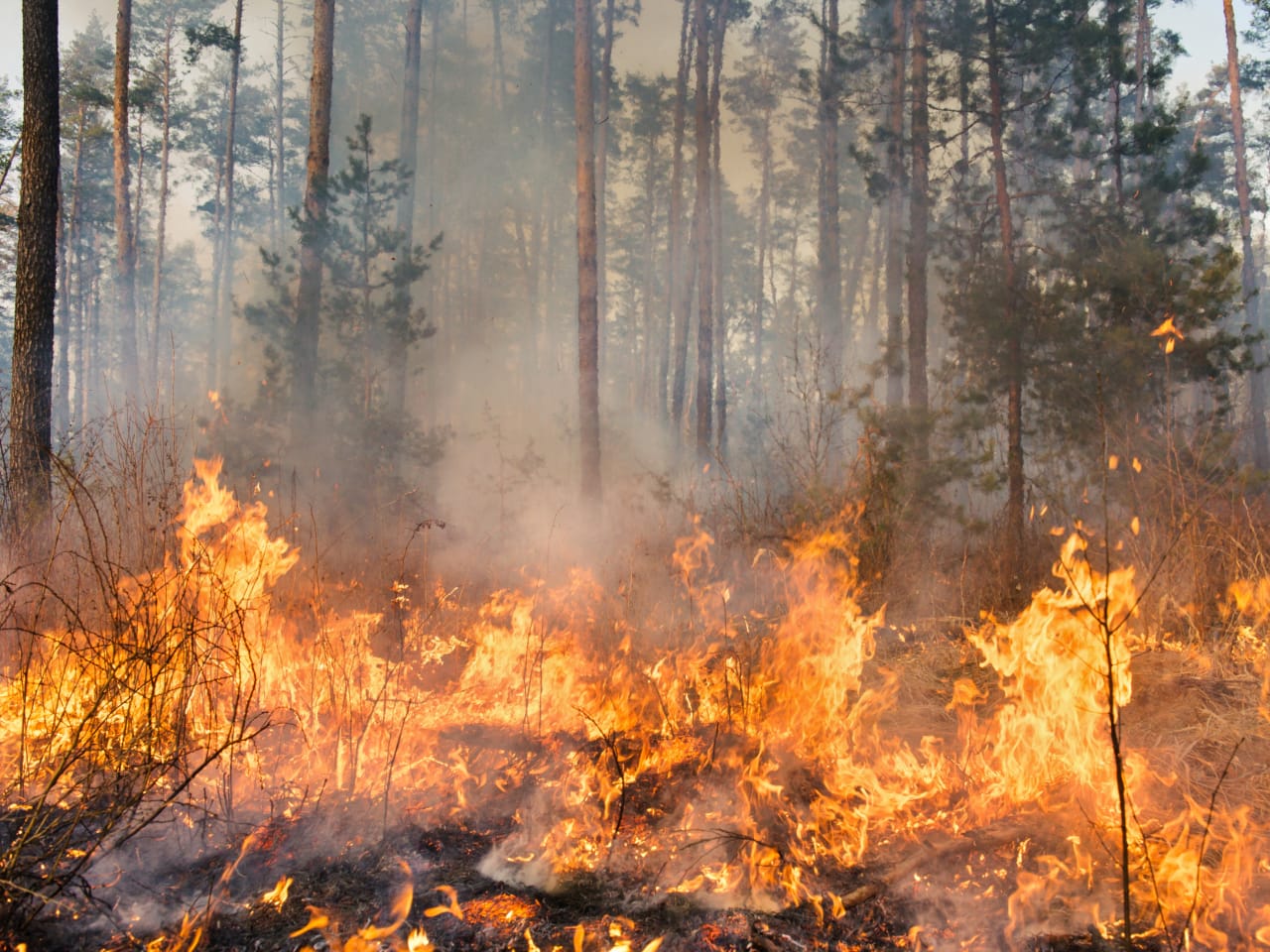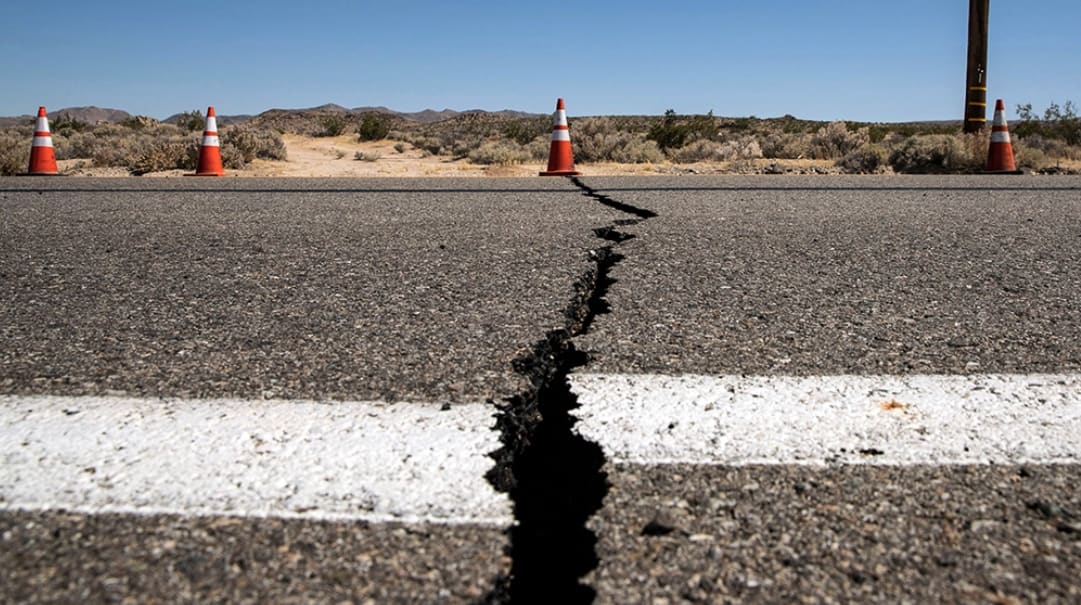Residential fires can lead to significant emotional distress in addition to possible physical injuries. Losing your home in a fire involves not only the loss of your residence, but also many other things of value such as photo albums, important documents and treasured objects. Most importantly, though, the home is your place of security, comfort and safety. After a fire, this sense of security can also be lost and can significantly disrupt the normality of daily life. Below is a description of some emotions you may experience and steps you can take to recover.
Common emotional reactions
Losing a home can cause significant emotional distress. You should not underestimate the challenge of evacuation, relocation and rebuilding after a fire.
It is common for people to experience several stages of adjustment including shock, anger, depression and hopelessness. Ultimately, however, people can reach a stage of acceptance and become able to move beyond disbelief, bitterness and sadness. Positive feelings can begin to re-emerge as the focus shifts towards the future. Safety, security and comfort are regained, and life moves forward once again.
Recovery and coping
In the middle of a crisis, it can become difficult to take care of yourself with so many other worries preoccupying your mind. However, this is a good time to think about your personal resiliency, healing and a sense of normality. Some self-care strategies you may want to consider are:
- Practicing proven stress-reduction techniques, such as regular exercises, meditation and deep breathing.
- Allowing yourself to feel bad, cry and release negative emotions in a healthy manner.
- Giving yourself permission to feel good. You can have periods of joy even when coping with loss.
- Making small decisions daily in order to feel in control of your life once more.
- Putting off major life decisions, such as switching jobs, if possible.
- Lowering your expectations of what you “should be doing.”
- Not isolating yourself too much. Spending some time with people is healthy in recovery.
- Talking about your ordeal with friends and family.
- Taking advantage of community support.
- Focusing on what you are thankful for in spite of your loss.
- Staying away from unprescribed mood-altering substances, such as alcohol and other drugs.
- Getting plenty of rest when possible and maintain a normal sleep/wake cycle.
- Eating well-balanced meals.
For children
According to research, children and adolescents can react in a variety of ways when dealing with a fire including experiencing anxiety, nightmares and sleep disorders. A child's ability to cope is highly influenced by how their parents and caregivers deal with crisis. Because children often look to adults for guidance, support and information, it is important to work to toward coping successfully so that you may serve as a positive role model for your children. You are likely their main source of security during this time. Be open to children sharing their thoughts, concerns and ideas. Encourage them to return to their normal routines, including playtime. Be careful not to use your children as a way of venting your fears and worries.
In addition to these recommendations, APA's "Road to resilience" brochure describes steps that you can take to build resilience — the process of adapting well in the face of adversity, trauma, tragedy, threats or significant sources of stress. For more tips on how to manage stress after a fire, please visit "Recovering emotionally from disaster." If these resources are not sufficient and if you notice persistent feelings of distress or hopelessness and feel like you are barely able to get through your daily responsibilities and activities, consult with a licensed and experienced mental health professional. Psychologists are trained to help you successfully manage life's hardships and pursue a plan for a more positive and meaningful future. To find a psychologist in your area, visit APA's Psychologist Locator.
Click Here for more information
































